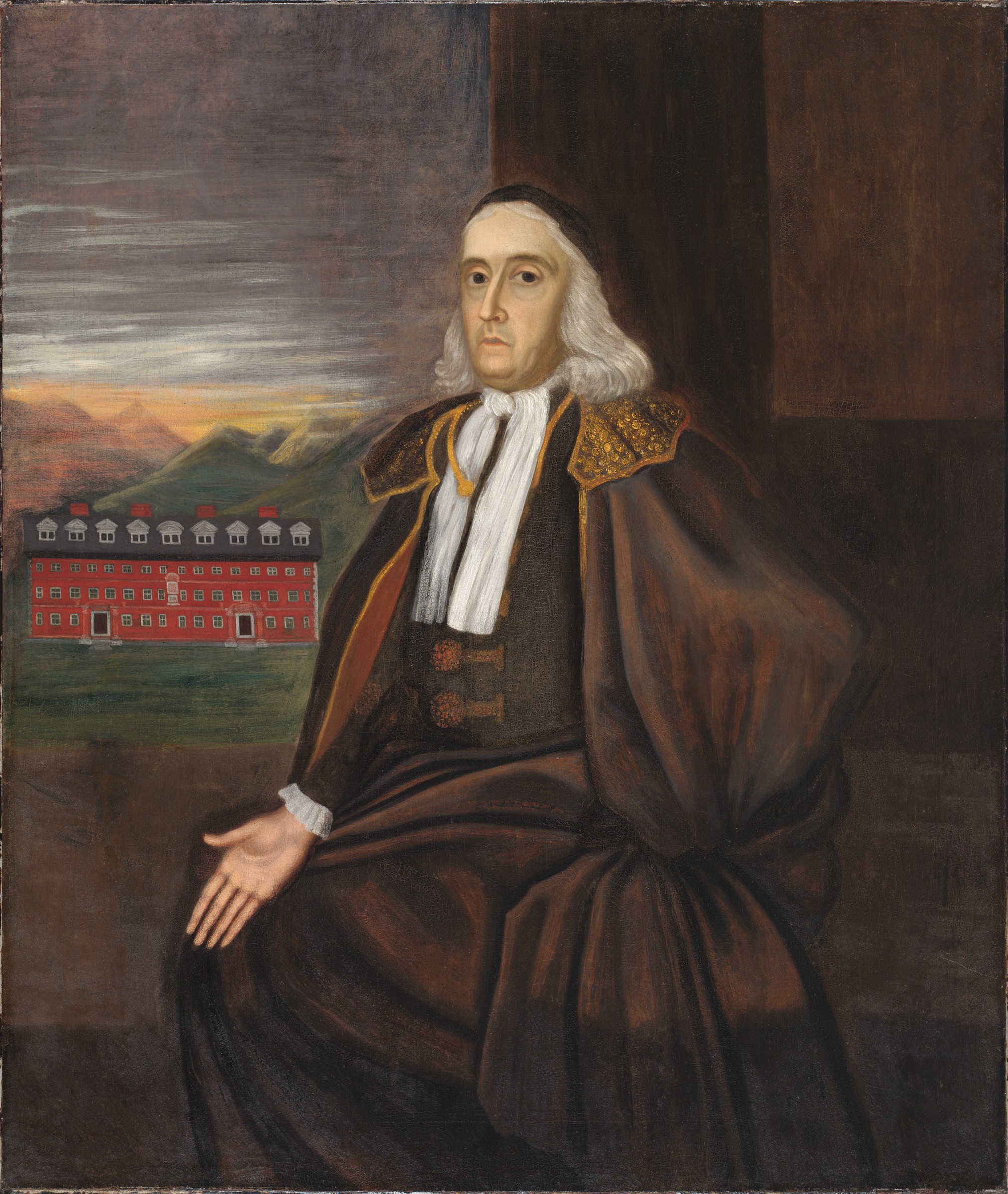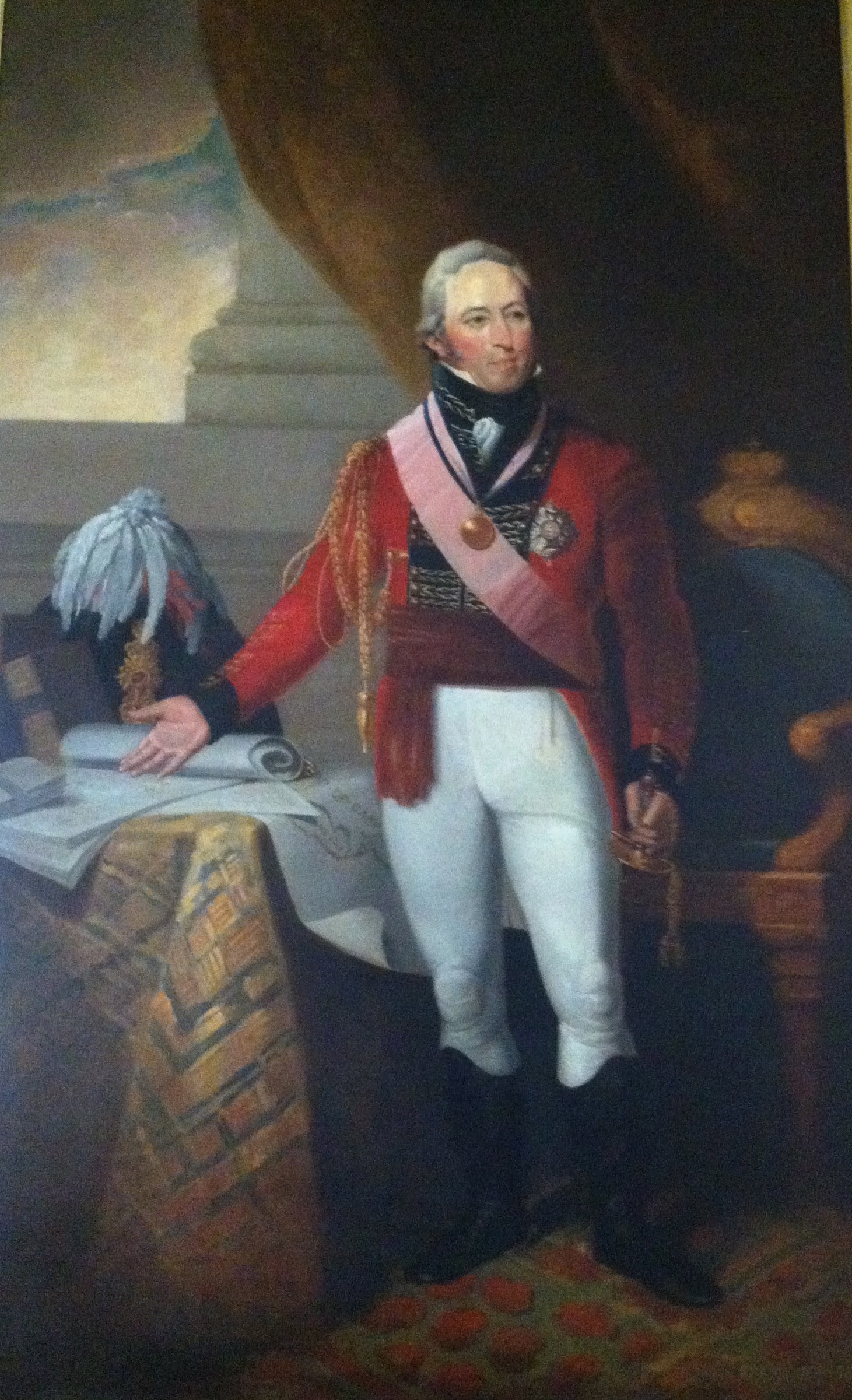|
Daniel Dewey
Daniel Dewey (January 29, 1766 – May 26, 1815) was a U.S. Representative from Sheffield, Massachusetts. Career Born in Sheffield in the Province of Massachusetts Bay, Dewey attended Yale College. He studied law. He was admitted to the bar in 1787 and commenced practice in Williamstown, Massachusetts. He was treasurer of Williams College, Williamstown, Massachusetts from 1798 to 1814. He served as member of the Massachusetts Governor's Council 1809–1812. Dewey was elected as a Federalist to the Thirteenth Congress and served from March 4, 1813, until February 24, 1814, when he resigned, having been assigned to a judicial position. He was appointed by Governor Caleb Strong an associate judge of the Massachusetts Supreme Judicial Court on February 24, 1814, and served until his death in Williamstown, Massachusetts Williamstown is a town in the northern part of Berkshire County, in the northwest corner of Massachusetts, United States. It shares a border with Vermont to t ... [...More Info...] [...Related Items...] OR: [Wikipedia] [Google] [Baidu] |
Massachusetts Governor's Council
The Massachusetts Governor's Council (also known as the Executive Council) is a governmental body that provides advice and consent in certain matterssuch as judicial nominations, pardons, and commutationsto the Governor of Massachusetts. Councillors are elected by the general public and their duties are set forth in the Massachusetts Constitution. The Governor's Council has gone through many different formations throughout its history, at times being simply a legal counsel, also serving as provincial magistrates and judges, sometimes acting as an executive in the absence of a Governor, to serving as an upper house of the Massachusetts General Court. Whether going by the name of "Council of Assistants" or Governor's Council, the power of the council has ebbed and flowed, however it has remained a mainstay in New England politics from the earliest colonial days of Massachusetts Bay. History The Massachusetts Bay Colony received its first royal charter in 1629, with the founding of ... [...More Info...] [...Related Items...] OR: [Wikipedia] [Google] [Baidu] |
Williams College Alumni
Williams College is a private liberal arts college in Williamstown, Massachusetts, United States. It was established in 1793 with funds from the estate of Ephraim Williams, a colonist from the Province of Massachusetts Bay who was killed in the French and Indian War in 1755. Alumni of the college are listed below. Academia ;A–F * Brooke Ackerly 1988, American political scientist and Professor of Political Science at Vanderbilt University * Peter Adamson 1994, professor of late ancient and Arabic philosophy at the Ludwig Maximilian University of Munich * Lawrence A. Alexander 1965, Warren Distinguished Professor of constitutional law at University of San Diego * Robert Z. Aliber 1952, professor emeritus of international economics and finance at the University of Chicago * Robert S. Anderson 1974, American geomorphologist at the Institute of Arctic and Alpine Research, Fellow of the American Geophysical Union, and distinguished professor at University of Colorado Bou ... [...More Info...] [...Related Items...] OR: [Wikipedia] [Google] [Baidu] |
People From Sheffield, Massachusetts
A person ( : people) is a being that has certain capacities or attributes such as reason, morality, consciousness or self-consciousness, and being a part of a culturally established form of social relations such as kinship, ownership of property, or legal responsibility. The defining features of personhood and, consequently, what makes a person count as a person, differ widely among cultures and contexts. In addition to the question of personhood, of what makes a being count as a person to begin with, there are further questions about personal identity and self: both about what makes any particular person that particular person instead of another, and about what makes a person at one time the same person as they were or will be at another time despite any intervening changes. The plural form "people" is often used to refer to an entire nation or ethnic group (as in "a people"), and this was the original meaning of the word; it subsequently acquired its use as a plural form of ... [...More Info...] [...Related Items...] OR: [Wikipedia] [Google] [Baidu] |
1815 Deaths
Events January * January 2 – Lord Byron marries Anna Isabella Milbanke in Seaham, county of Durham, England. * January 3 – Austria, Britain, and Bourbon-restored France form a secret defensive alliance treaty against Prussia and Russia. * January 8 – Battle of New Orleans: American forces led by Andrew Jackson defeat British forces led by Sir Edward Pakenham. American forces suffer around 60 casualties and the British lose about 2,000 (the battle lasts for about 30 minutes). * January 13 – War of 1812: British troops capture Fort Peter in St. Marys, Georgia, the only battle of the war to take place in the state. * January 15 – War of 1812: Capture of USS ''President'' – American frigate , commanded by Commodore Stephen Decatur, is captured by a squadron of four British frigates. February * February – The Hartford Convention arrives in Washington, D.C. * February 3 – The first commercial cheese factory is founded in Switz ... [...More Info...] [...Related Items...] OR: [Wikipedia] [Google] [Baidu] |
1766 Births
Events January–March * January 1 – Charles Edward Stuart ("Bonnie Prince Charlie") becomes the new Stuart claimant to the throne of Great Britain, as King Charles III, and figurehead for Jacobitism. * January 14 – Christian VII becomes King of Denmark. * January 20 – Outside of the walls of the Thailand capital of Ayutthaya, tens of thousands of invaders from Burma (under the command of General Ne Myo Thihapate and General Maha Nawatra) are confronted by Thai defenders led by General Phya Taksin. The defenders are overwhelmed and the survivors take refuge inside Ayutthaya. The siege continues for 15 months before the Burmese attackers collapse the walls by digging tunnels and setting fire to debris. The city falls on April 9, 1767, and King Ekkathat is killed. * February 5 – An observer in Wilmington, North Carolina reports to the Edinburgh newspaper ''Caledonian Mercury'' that three ships have been seized by British men-of-war, on the ch ... [...More Info...] [...Related Items...] OR: [Wikipedia] [Google] [Baidu] |
Samuel Wilde
Samuel Sumner Wilde (1771–1855) was an associate justice of the Massachusetts Supreme Judicial Court. Wilde was born in Taunton, Massachusetts, and graduated from Dartmouth College in 1789, winning admission to the Massachusetts Bar in 1792. He practiced law in several towns of the state's Maine District before settling in Boston after Maine achieved statehood in 1820. In 1815 he was appointed to the Massachusetts Supreme Judicial Court (the state's highest), serving until he retired in 1850. He was the judge in the case of Baker v. Fales. Wilde was a prominent attorney in Massachusetts and served as a justice of the Supreme Judicial Court. In 1814 he was elected as a representative to the Hartford Convention. Wilde was elected a Fellow of the American Academy of Arts and Sciences The American Academy of Arts and Sciences (abbreviation: AAA&S) is one of the oldest learned societies in the United States. It was founded in 1780 during the American Revolution by John Ad ... [...More Info...] [...Related Items...] OR: [Wikipedia] [Google] [Baidu] |
List Of Justices Of The Massachusetts Supreme Judicial Court ...
Following is a list of justices of the Massachusetts Supreme Judicial Court. Current justices Superior Court of Judicature (1692–1775) Justices appointed by the Provincial Congress (1775–80) Three men declined appointment to the Court during this period: William Reed in 1775, Robert Treat Paine in 1776, and James Warren in 1777. Justices under the State Constitution (1780–present) List of justices Notes Sources * {{Justices of the Massachusetts Supreme Judicial Court Judges of the Supreme Court Massachusetts Massachusetts (Massachusett: ''Muhsachuweesut Massachusett_writing_systems.html" ;"title="nowiki/> məhswatʃəwiːsət.html" ;"title="Massachusett writing systems">məhswatʃəwiːsət">Massachusett writing systems">məhswatʃəwiːsət'' En ... [...More Info...] [...Related Items...] OR: [Wikipedia] [Google] [Baidu] |
Samuel Sewall (congressman)
Samuel Sewall (December 11, 1757 – June 8, 1814) was an American lawyer and congressman. He was born in Boston in the Province of Massachusetts Bay. Biography After attending Dummer Charity School (now The Governor's Academy), Sewall graduated from Harvard College (A.B. 1776, A.M. 1779, honorary LL.D. 1808) and set up practice as a lawyer in Marblehead. He served as a member of the state legislature in 1783, and from 1788-96. He represented Massachusetts in the U.S. House of Representatives from 1796 to 1800, and from 1800 to 1814 served as a judge of the Massachusetts Supreme Judicial Court, becoming chief justice in 1814. He died at Wiscasset in Massachusetts' District of Maine while holding a court there. He was elected a Fellow of the American Academy of Arts and Sciences in 1801. American novelist Louisa May Alcott was Sewall's great niece. His younger sister, Dorothy, was Alcott's great-grandmother. In 1781, he married Abigail Devereux; they had a family of at leas ... [...More Info...] [...Related Items...] OR: [Wikipedia] [Google] [Baidu] |
Massachusetts Supreme Judicial Court
The Massachusetts Supreme Judicial Court (SJC) is the court of last resort, highest court in the Commonwealth (U.S. state), Commonwealth of Massachusetts. Although the claim is disputed by the Supreme Court of Pennsylvania, the SJC claims the distinction of being the oldest continuously functioning appellate court in the Americas, with a recognized history dating to the establishment of the Massachusetts Superior Court of Judicature in 1692 under the charter of the Province of Massachusetts Bay. Although it was historically composed of four associate justices and one chief justice, the court is currently composed of six associate justices and one chief justice. History The Massachusetts Supreme Judicial Court traces its history back to the high court of the British Province of Massachusetts Bay, which was chartered in 1692. Under the terms of that charter, Governor Sir William Phips established the Superior Court of Judicature as the province's local court of last resort (some o ... [...More Info...] [...Related Items...] OR: [Wikipedia] [Google] [Baidu] |
Caleb Strong
Caleb Strong (January 9, 1745 – November 7, 1819) was an American lawyer, politician, and Founding Father who served as the sixth and tenth governor of Massachusetts between 1800 and 1807, and again from 1812 until 1816. He assisted in drafting the Massachusetts State Constitution in 1779 and served as a state senator and on the Massachusetts Governor's Council before being elected to the inaugural United States Senate. A leading member of the Massachusetts Federalist Party, his political success delayed the decline of the Federalists in Massachusetts. A successful Northampton lawyer prior to 1774, Strong was politically active in the rebel cause during the American Revolutionary War. He played an influential role in the development of the United States Constitution at the 1787 Philadelphia Convention and, as a U.S. Senator, in the passage of its 11th Amendment. He also played a leading role in the passage of the Judiciary Act of 1789, which established the federal cour ... [...More Info...] [...Related Items...] OR: [Wikipedia] [Google] [Baidu] |
13th United States Congress
The 13th United States Congress was a meeting of the legislative branch of the United States federal government, consisting of the United States Senate and the United States House of Representatives. It met in Washington, D.C. from March 4, 1813, to March 4, 1815, during the fifth and sixth years of James Madison's presidency. The apportionment of seats in the House of Representatives was based on the Third Census of the United States in 1810. Both chambers had a Democratic-Republican majority. The first two sessions were held at the Capitol building while the third, convened after the Burning of Washington, took place in the First Patent Building. Major events * September 10, 1813: War of 1812: Battle of Lake Erie * October 5, 1813: War of 1812: Battle of the Thames * March 27, 1814: Creek War: Battle of Horseshoe Bend * July 25, 1814: War of 1812: Battle of Lundy's Lane * August 25, 1814: War of 1812: Burning of Washington * September 11, 1814: War of 1812: Battle o ... [...More Info...] [...Related Items...] OR: [Wikipedia] [Google] [Baidu] |
_1938.jpg)



